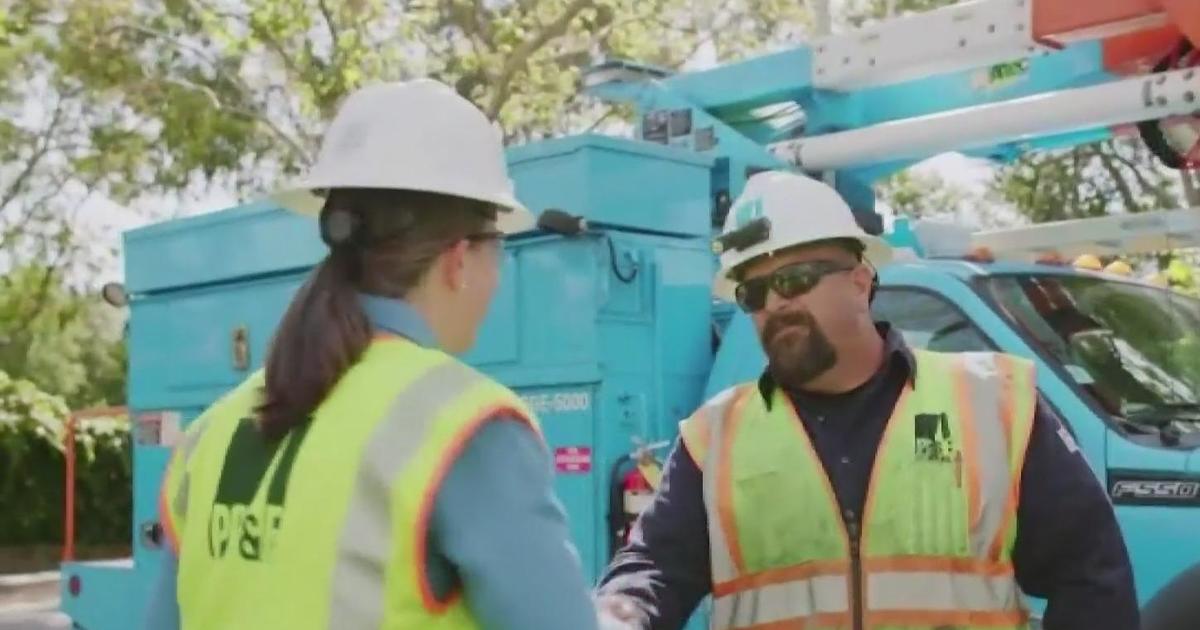High Toxin Level Delays California Crab Season
SACRAMENTO, Calif. (AP) -- Wildlife authorities delayed the Dungeness crab season and closed the rock crab fishery for most of California on Thursday, just days after warning of dangerous levels of a neurotoxin linked to a massive algae bloom off the West Coast.
The state Fish and Game Commission voted 3-0 on the Dungeness delay and the rock crab closure north of the Santa Barbara-Ventura county line. The panel said crabbing would resume when toxin levels dropped but did not estimate when that might be.
The recreational Dungeness season was scheduled to start Saturday and the commercial season was set for Nov. 15. Rock crabs are caught year-round.
Officials on Tuesday warned people to avoid eating Dungeness and rock crabs. High levels of domoic acid have been found in crabs from the Oregon border to the southern Santa Barbara County line, the Department of Public Health reported.
In severe poisoning cases, the neurotoxin can cause seizures, coma or death.
It was unclear how much impact the actions might have on California crabbing, which is estimated to bring in at least $60 million commercially.
The toxin is linked to a vast algae bloom off the West Coast - which has seen unusually warm ocean temperatures as a result of El Nino, said Jordan Traverso, a spokeswoman at the California Department of Fish and Wildlife.
Such blooms are cyclical, but this summer surveyors aboard a National Oceanic and Atmospheric Administration research vessel said the algae bloom was one of the largest ever observed on the West Coast.
The toxin has affected shellfish and sickened or killed seabirds, seals, dolphins and whales throughout the region.
Oregon state officials issued an advisory this week for all recreationally caught crab along the state's southern coast, from south of Coos Bay to California. Officials warned people to remove the viscera, or guts, before eating the crab meat.
Last month, Washington shellfish managers postponed the fall start of razor clam digging on ocean beaches, and all razor clamming remains closed along the Oregon coast because of high levels of domoic acid.
Copyright 2015 The Associated Press.



